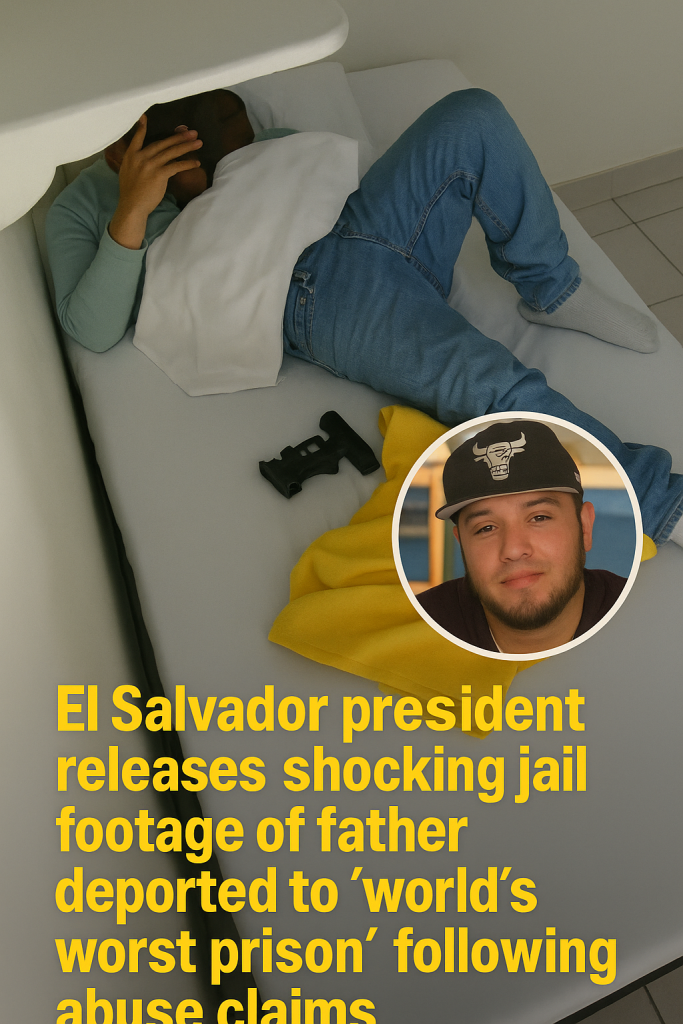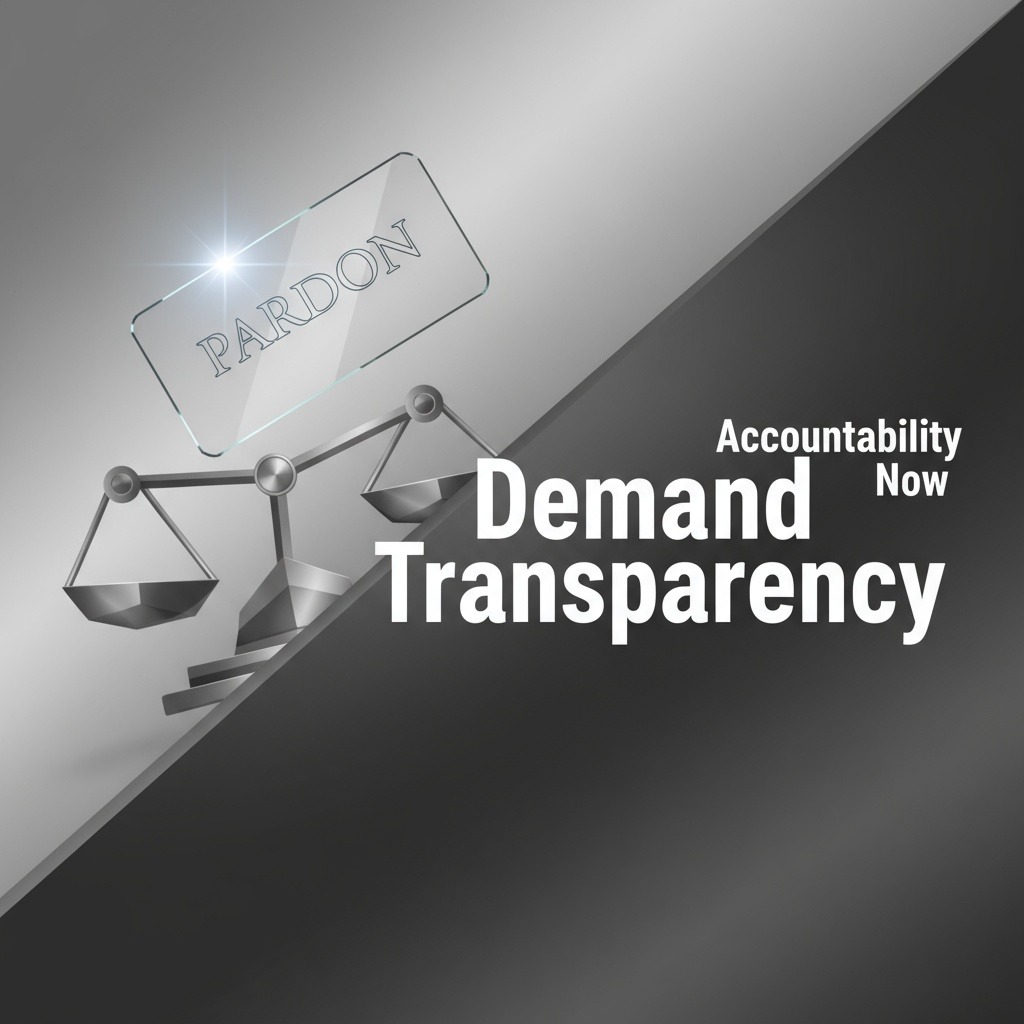In a dramatic and unsettling development, the President of El Salvador has released unsettling video footage purporting to show the harsh conditions and alleged abuse suffered by a man deported to what has been described as the world’s worst prison. The footage comes amid serious claims that the individual, a father, has endured mistreatment since his forced return, sparking widespread concern and renewed scrutiny of prison conditions abroad.
The video, which was made public on social media platforms and quickly went viral, reportedly depicts the deplorable environment within the detention facility and highlights the physical and emotional hardships faced by inmates. The man, whose identity has been kept confidential, had been deported to a notorious prison known for its brutal conditions, leading to outcry over the treatment of deportees and raising questions about the responsibility of governments when sending citizens back to foreign incarceration systems.
Context of Deportation and Accusations
The father was deported earlier this year from El Salvador, a country that has been grappling with high rates of gang violence and crime. The deportation was part of a broader strategy to reduce criminal activity by repatriating individuals believed to be involved in illegal acts abroad or posing risks to national security. However, the heartbreaking claims of abuse and inhumane treatment have cast a shadow over these policies.
Following the release of the footage, the Salvadoran President emphasized the gravity of the situation. In a public statement, he condemned any form of mistreatment and called for an immediate investigation into the prison’s conditions and the well-being of the deported father as well as other inmates. “No citizen of El Salvador should suffer abuse, regardless of where they find themselves,” he stated, pledging increased diplomatic efforts to ensure humane treatment.
Details Revealed in the Footage
The powerful images show cramped cells, minimal access to sanitation, and inmates appearing physically bruised and emotionally distressed. The footage also includes audio clips where voices can be heard alluding to mistreatment by guards and the lack of adequate medical care. Experts who have reviewed the video described the conditions as emblematic of a wider, systemic failure in addressing human rights within the prison system.
Human rights advocates quickly responded, using the footage to highlight the dangerous ramifications of deportations without proper oversight and support. They contend that sending individuals to environments where abuse is common violates international human rights obligations and underlines the need for reform both in El Salvador and in the countries hosting such prisons.
Wider Implications and International Response
The incident has sparked international dialogue about the legality and ethics of deportations linked to criminal accusations, especially when the receiving institutions are known for severe rights violations. Diplomatic channels between El Salvador and the country housing the prison are reportedly active, seeking assurances on the treatment of Salvadoran nationals and potential improvements in prison conditions.
Meanwhile, families of deported individuals have voiced deep fears and uncertainties, urging governments to implement safeguards to prevent further abuses. The footage serves as a stark reminder of the human cost behind abstract immigration and justice policies.
The President’s decision to release this footage marks a rare transparency move and underscores a commitment to addressing what many see as a dark and neglected issue. As investigations proceed, the world watches closely—not only to hold abusers accountable but to reform systems that allow such suffering to continue.
As this story evolves, it remains a poignant example of the intersection between human rights, migration, and governance in an increasingly interconnected world.



